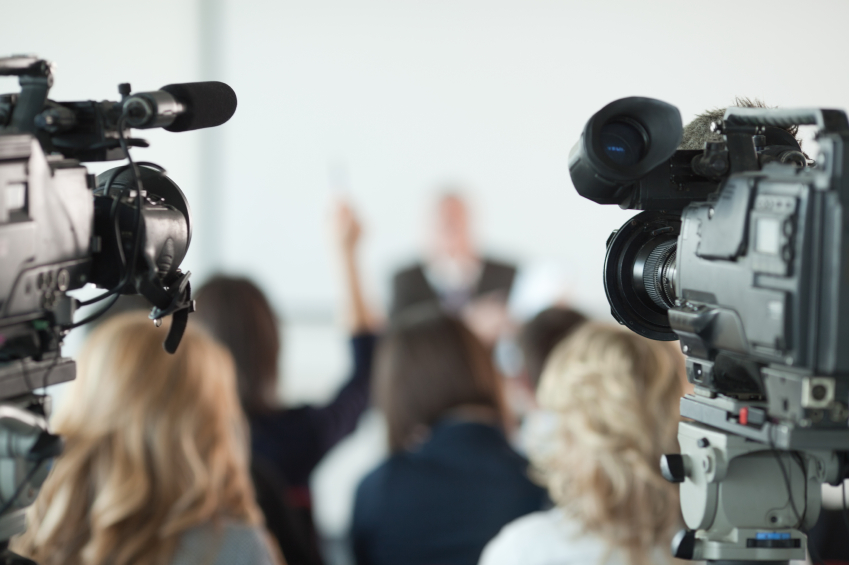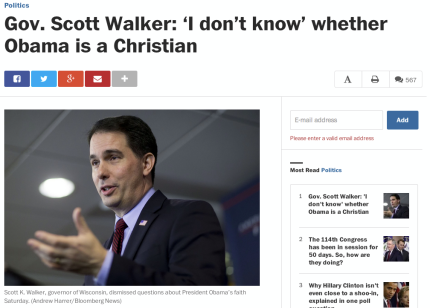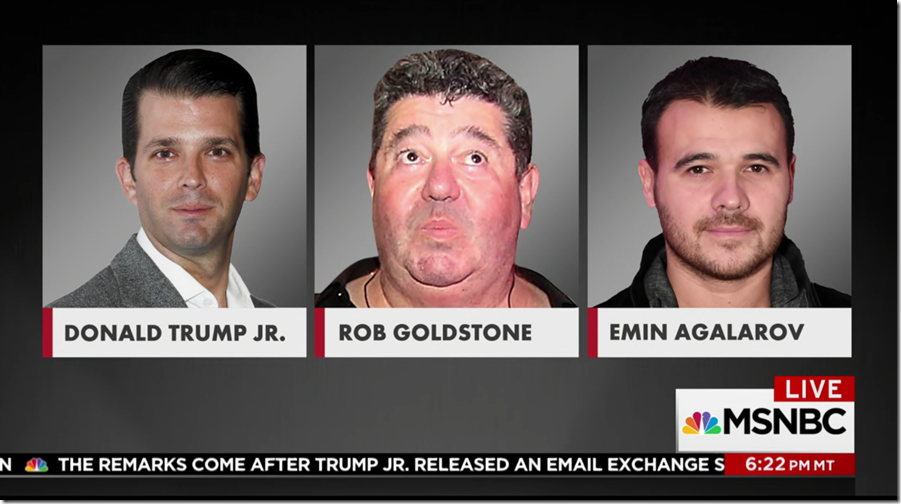Is "Blame The Media" A Good PR Strategy?
This post was written by Christina Mozaffari, senior partner of Throughline Group and a former NBC News producer.
I’ve always bristled at the “blame the media” public relations strategy.
Plenty of politicians and public figures have used the strategy, sometimes with great success (here’s President Obama, Bill Cosby, and Chris Christie). It’s also probably fair to say my dislike for the strategy is largely due to my own bias as a former reporter.
That said, Frank Bruni’s column in The New York Times last weekend addressing the successes and failures in political reporting—including so-called “gotcha” questions—was spot-on. In it, he admitted the media have some significant faults in covering politics, but that politicians still have a lot of responsibility for the coverage they receive. His last line perfectly summed up the issue:
“…when candidates bemoan and disparage the media’s omnipresence and hypervigilance… remember this, too: When they’re harping about our shortcomings, they’re first and foremost trying to cover up their own.”
As an example, Wisconsin governor and potential presidential candidate Scott Walker recently criticized the media after punting on fairly easy and unsurprising questions surrounding his beliefs on evolution and President Obama’s religion. While Walker’s strategy may help him in the primaries with conservatives who distrust the mainstream media, it’s not enough to work in a general election in which you have to win voters in the middle. The actual questions didn’t get Walker into trouble; rather, it was his refusal to answer them in a straightforward manner.
The media are far from perfect. There are certainly many mainstream outlets with clear biases on both sides. However, when the coverage goes wrong, more often than not, the blame lies with the public figure.
So, when faced with biased reporters, what should you do?
These rules of thumb may not apply to the most aggressive cases, but tend to serve most spokespersons well.
- Know your “enemy.” It’s your responsibility to know, as best you can, the reporter’s work and point of view. All it typically takes is a quick Google search and a few minutes to read the reporter’s previous work. If you know what you’re walking into, you’ll be better equipped to handle it.
- Be the bigger person. It’s your job to stay cool. Let your audience decide on the bias of the reporter, particularly if it’s a live audience and the audience can see the full exchange. If the audience believes you’re being bullied and you manage to handle the reporter’s biased questions with openness and class, you will come off looking better.
- Ask yourself if you really need to do this interview. In general, participating in interviews when you know a story is going to be written about you or your organization is smart. Having your voice in a story, even if it’s an aggressive story, keeps you present in your own coverage and helps to avoid that damaging line, “We reached out to Organization X and they had no comment.” That said, if you truly believe you have no chance at getting fair treatment in an interview, there’s no rule that says you have to do it.
What do you think? Is blaming the media a lame cover-up or smart strategy?





I’m really glad you wrote this post, Christina. As a Wisconsinite, I bristled at Scott Walker’s recent criticism of the media. Yes, I think the questions he was asked were stupid–who cares if he thinks the president is Christian or not (my opinion, at least). Unfortunately, there are a lot of journalists out there trying to get the sensational quote rather than doing the public the service of delivering factual information. But the “media is biased” argument is so old and tired. Anyone in the public eye needs the media to get their story out. Lambasting how the media works wastes time and energy. Instead, public figures should use every opportunity given them by the media–even the stupid questions–to get their message out. Walker could have taken the high road and said, “I have no reason to believe that the president isn’t Christian, but that’s not really important. What is important is the fact that I disagree with his approach on…” The media, like humans in general, will always have its stupid moments. Let’s just acknowledge that and move on, and if one has a problem with a particular media outlet, a private phone call to an editor in chief or program director to discuss the issue is the right way to go.